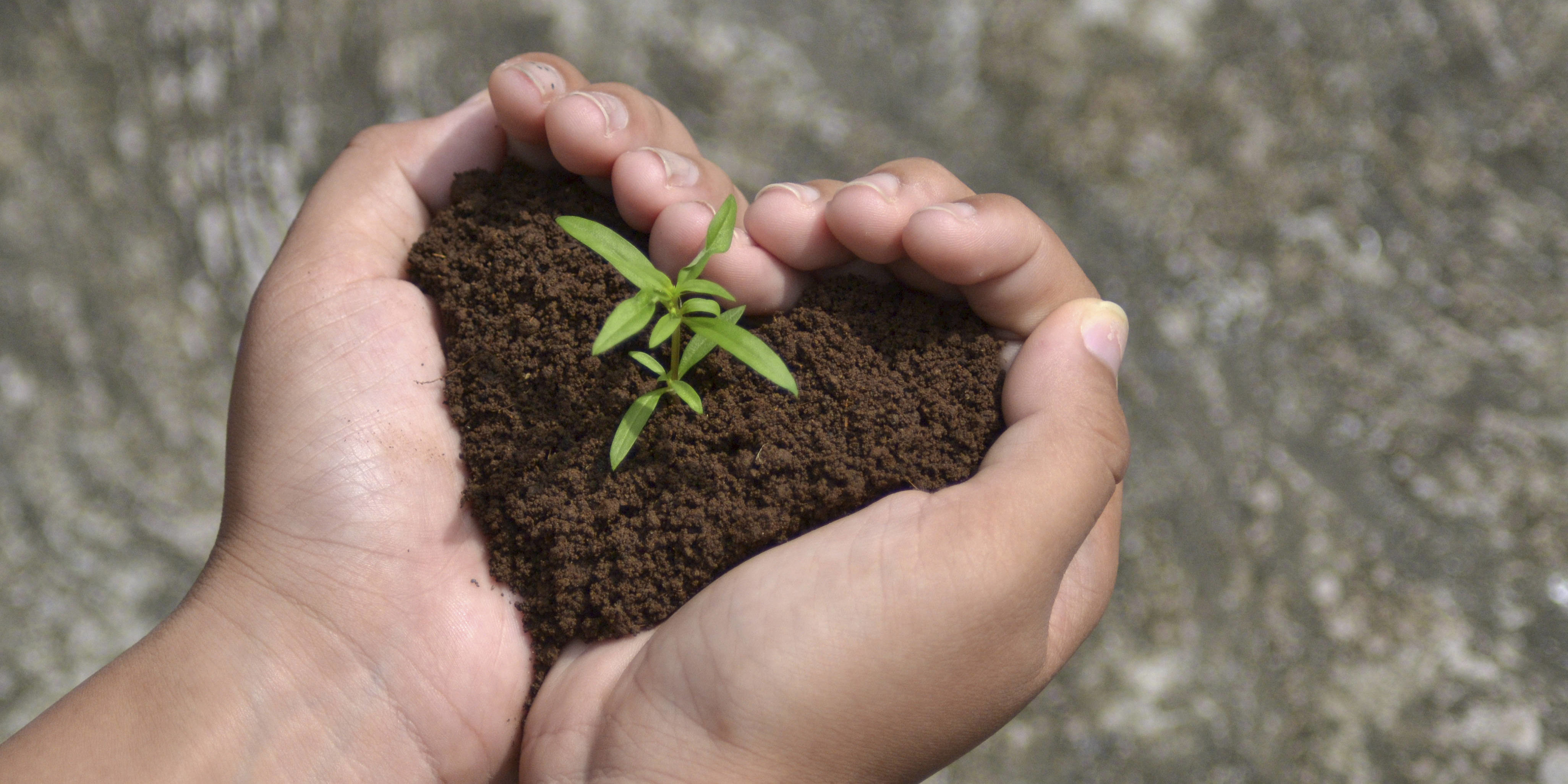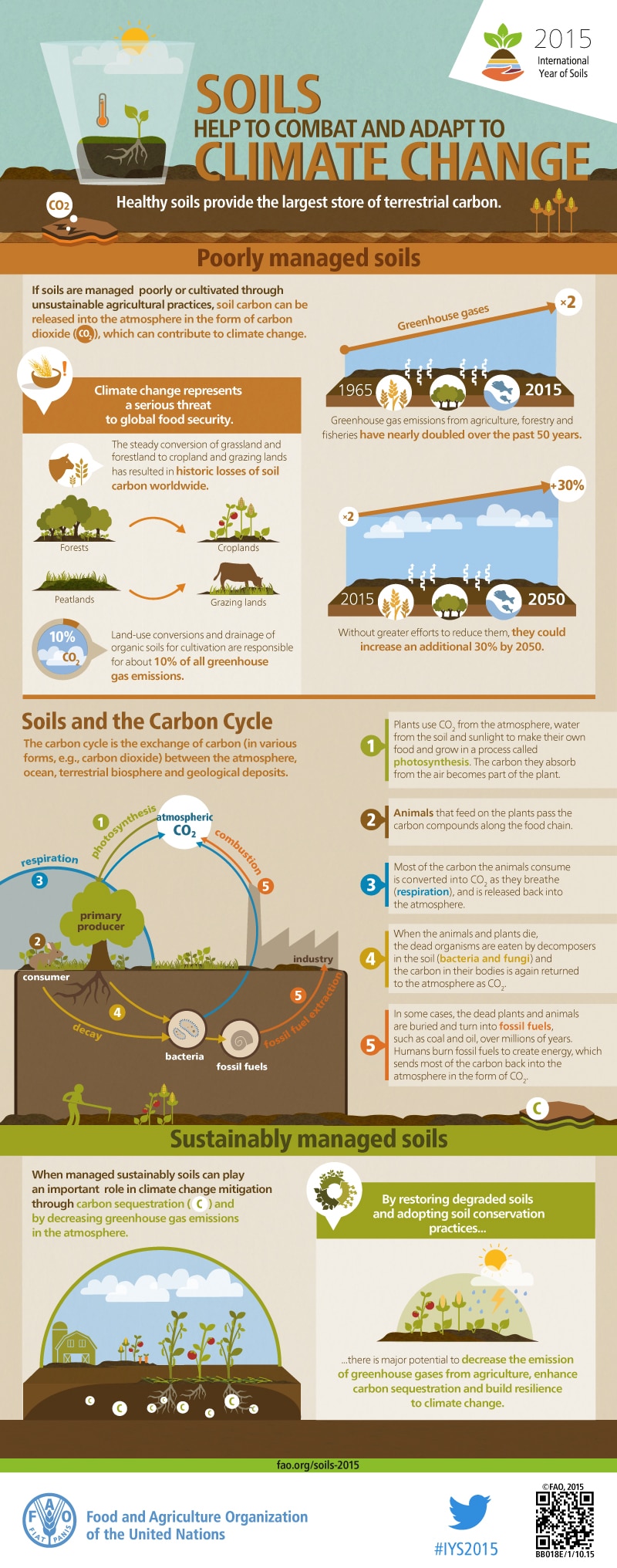A big thank you to Transition Town Milton Keynes for organising the film screening of: ‘The Soil Solution to Climate Change’ on Thursday evening at Central Milton Keynes library.
The film (and demonstration) gave us a thought-provoking appreciation of the humble soil beneath our feet – not only for the “living universe” it presents, but for the key it holds to unlocking a possible solution to the global climate crisis.
It’s not just any soil that has this super-power
Soil with the “wow factor” contains organic matter, such as decomposing plants and animal residues, that has the potential to store more carbon in it than plants and the atmosphere do combined.
And in that, lies the great promise… We can potentially reduce the excess carbon (CO2) from our atmosphere, ie the gas that causes climate change, by storing it in the soil.
What’s the price for this magic weapon against climate change?
All it’s going to take is better land management!
So instead of the unsustainable deforestation and mono-culture farming practices that are currently degrading the soil and causing us to lose carbon from the soil, by improving how the land is managed and making it more sustainable, we have the potential to increase the soil’s carbon storage enough to offset future carbon emissions.
Surprisingly simple, yet amazingly effective
This is about taking more of a permaculture approach to the farming system so that it’s more regenerative and organic to mitigate the excesses of carbon and other greenhouse gases that are overwhelming the capacity of our planet’s atmosphere.
And it’s because over 70% of all stored carbon is in the top metre of soil in lands directly affected by agriculture, grazing or forest management, that the recommendation is to change our agricultural systems in this way to work with nature, rather than against it.
Possible approaches suggested by the farmers in the film were: reduced tillage, year-round livestock foraging and compost application. But from an everyday person’s point of view, (and how this applies to Planting Up our community garden at Westbury Arts Centre, Milton Keynes), we should be composting and planting more perennial crops, instead of annuals, to: help the soil retain more nutrients; store more carbon and reduce erosion by allowing roots to reach deeper into the ground.
Small steps to make big changes
We can all do our bit, but in terms of the big picture, why wouldn’t we try a no-risk climate solution that promises such enormous long-term benefits? After all, it’s pretty amazing to consider that something as simple as nurturing the health of our soil could potentially guarantee our food security and resilience to droughts, urbanisation and floods – not to mention protect the future of our planet!
– Watch the “Soil Solution to Climate Change” short film here
– Click here for more about what we can do on an individual basis…
An infographic from the Food & Agriculture Organization of the UN about how soil helps to combat climate change:









